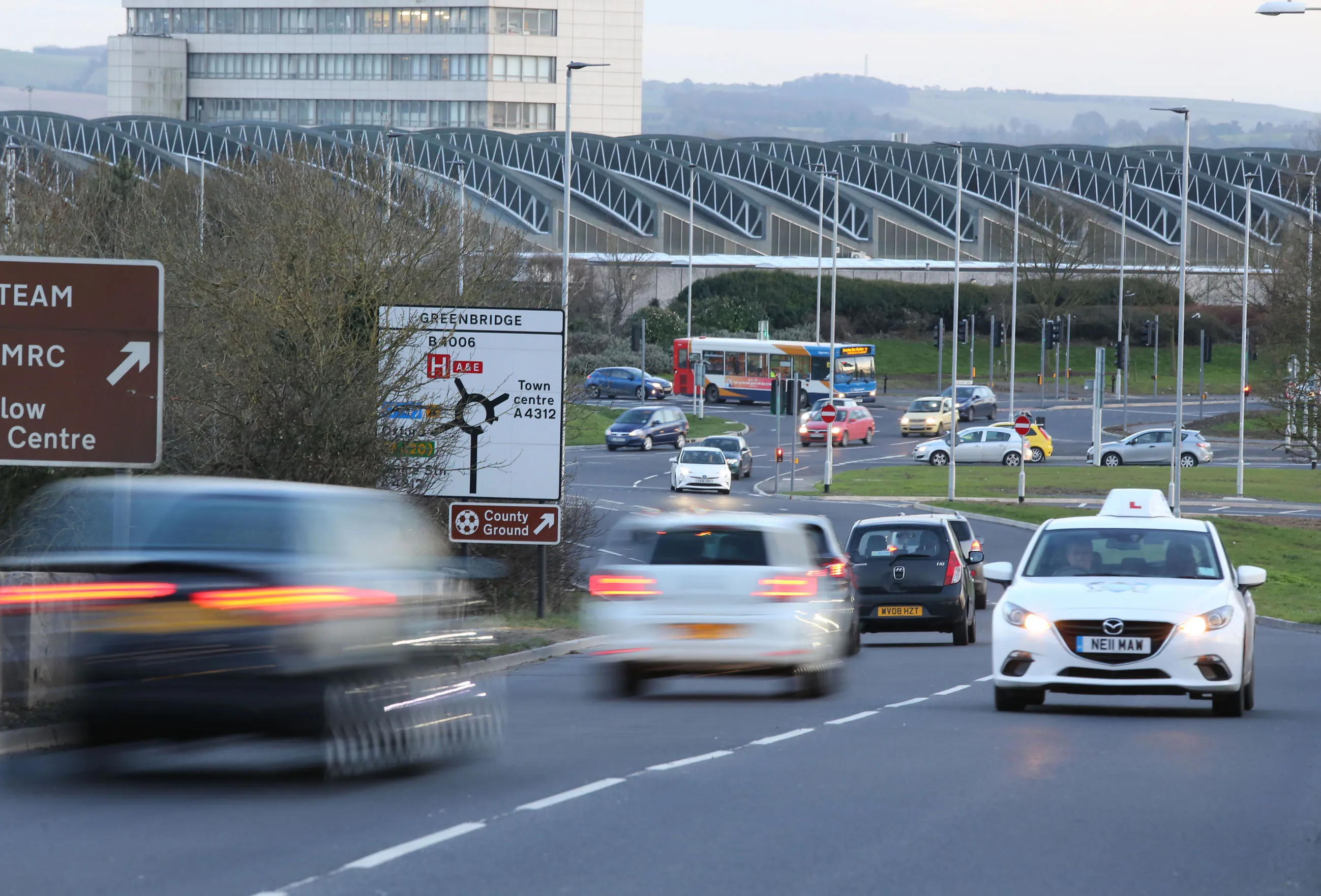New technology is being brought in to make it easier for local councils and utility companies in England and Wales to manage roadworks. Coming into force on 1 October 2013, the electronic changes will modernise the way roadworks are co-ordinated and administered, making it easier and quicker for councils and utility companies to share information. The new technology will mean that more information on the timing and co-ordination of road works can be stored on a single computer system. “Nobody likes having
April 9, 2013
Read time: 2 mins
New technology is being brought in to make it easier for local councils and utility companies in England and Wales to manage roadworks.
Coming into force on 1 October 2013, the electronic changes will modernise the way roadworks are co-ordinated and administered, making it easier and quicker for councils and utility companies to share information. The new technology will mean that more information on the timing and co-ordination of road works can be stored on a single computer system.
“Nobody likes having their journey disrupted by roadworks,” said local transport minister Norman Baker. “By cutting red tape and making it easier for councils and utility companies to work together, roadwork can be carried out more efficiently, with considerable savings made to the public purse. This will free up time and resources that could be better spent delivering other services that will benefit road users in the future.”
It is estimated that about two thousand hours could be saved by councils and utility companies every week by using the new system, saving industry alone €706,256 (£600,000 a year). In total, the street works sector is expected to net savings of €16.83million (£14.3mn) over the next 10 years, driving efficiencies and saving taxpayers’ money.
All councils and utility companies will be legally bound to use the new system - known as the Electronic Transfer of Notices (or EToN) system -, when legislation comes into force later this year. Councils and utility companies will be given a six month window to move over to the new system, with all councils expected to be using the new technology by 1 April 2014.
Coming into force on 1 October 2013, the electronic changes will modernise the way roadworks are co-ordinated and administered, making it easier and quicker for councils and utility companies to share information. The new technology will mean that more information on the timing and co-ordination of road works can be stored on a single computer system.
“Nobody likes having their journey disrupted by roadworks,” said local transport minister Norman Baker. “By cutting red tape and making it easier for councils and utility companies to work together, roadwork can be carried out more efficiently, with considerable savings made to the public purse. This will free up time and resources that could be better spent delivering other services that will benefit road users in the future.”
It is estimated that about two thousand hours could be saved by councils and utility companies every week by using the new system, saving industry alone €706,256 (£600,000 a year). In total, the street works sector is expected to net savings of €16.83million (£14.3mn) over the next 10 years, driving efficiencies and saving taxpayers’ money.
All councils and utility companies will be legally bound to use the new system - known as the Electronic Transfer of Notices (or EToN) system -, when legislation comes into force later this year. Councils and utility companies will be given a six month window to move over to the new system, with all councils expected to be using the new technology by 1 April 2014.







